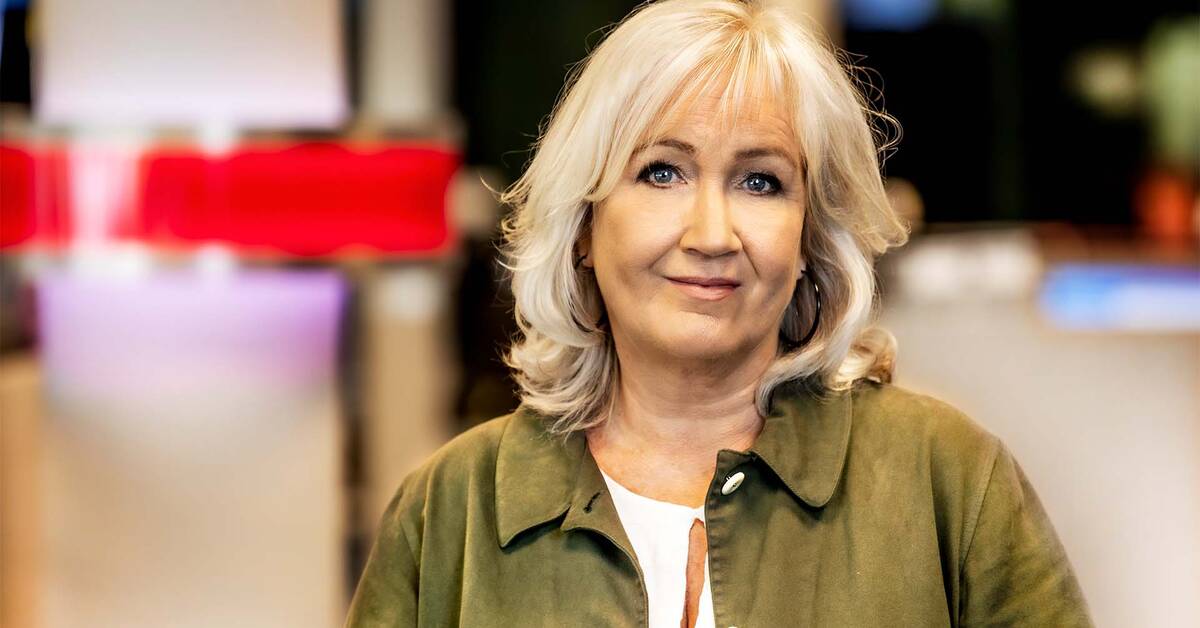The meeting is affected by major delays.
At this point, a draft final agreement should be available.
It does not.
The climate ministers will not start negotiating until tomorrow, Wednesday.
The meeting should end on Friday.
Criticism is growing around the fact that the meeting is poorly prepared, lacks vision and energy and that it therefore appears to be headed for a fiasco.
With only four days left before an agreement is to be reached, the rich countries continue to refuse to acknowledge their responsibility for the climate crisis.
They are terrified that it will lead to unlimited liability for damages.
In order to protect their financial interests, the EU's chief negotiator, Jacob Werksman, says "we will not discuss responsibility and compensation" and US climate envoy John Kerry agrees, "no, it will not happen".
Compromise in sight
But the most vulnerable countries are not giving up.
And more and more agree with them that poor countries are doubly affected by debt burdens and costs of extreme weather.
Several rich countries seem to consider that debt relief, suspended loan payments and lower interest rates are reasonable demands to free up resources to face the consequences of the climate crisis.
A compromise may also be on the way regarding the demands of poor countries for a fund for "damages and losses" against which the rich countries defend themselves.
The issue can perhaps be resolved with the help of the Maldives proposal, a "mosaic of measures" within existing institutions.
A few rich countries agree to a "Global Shield Fund" to pay for extreme weather.
Pakistan is the first country to get money out of it.
Leaner ambitions
The first week of negotiations saw a parade of financial proposals such as the US proposal that poor countries should be able to sell CO2 credits when they shut down their coal-fired power plants.
The proposal was immediately criticized because it could lead to rich countries buying credits instead of reducing their emissions.
John Kerry defended it by saying that creative solutions are needed to free up private capital for the green transition.
But none of these financial proposals touch the pain point itself, how emissions are to be halved by 2030.
During the first week of negotiations, not a single new country has come forward and promised to tighten its climate targets.
This means that 169 out of 193 countries neglected to fulfill their promises from last year - to come to COP27 in Sharm el-Sheikh with new climate plans.

